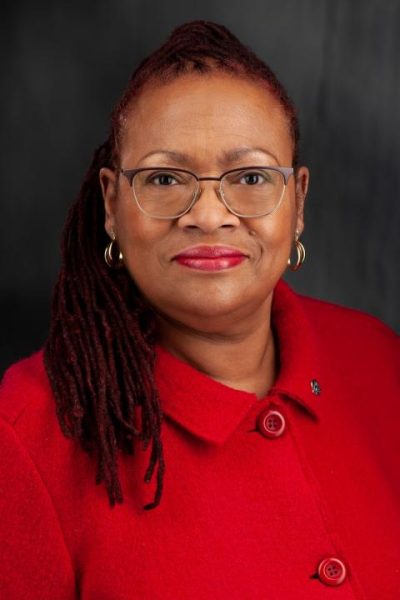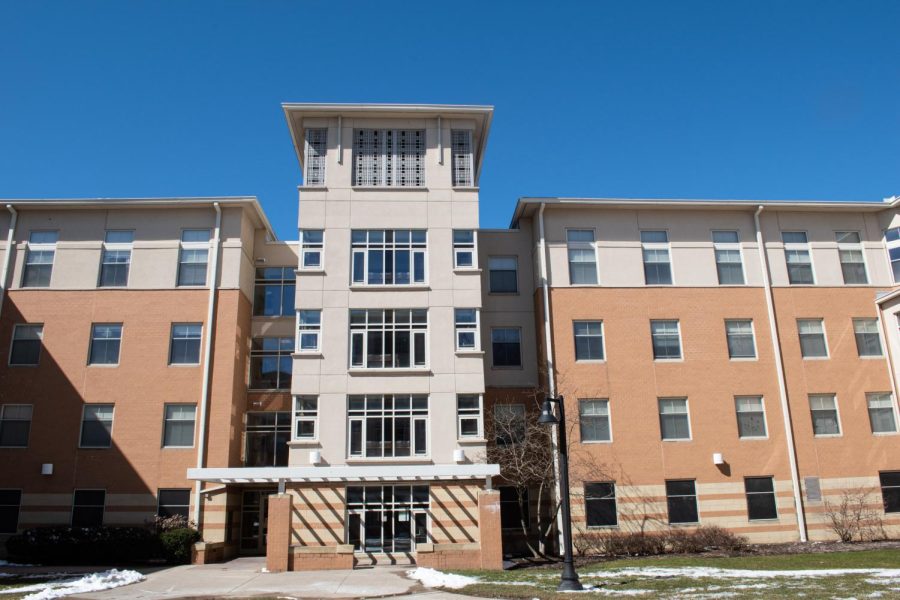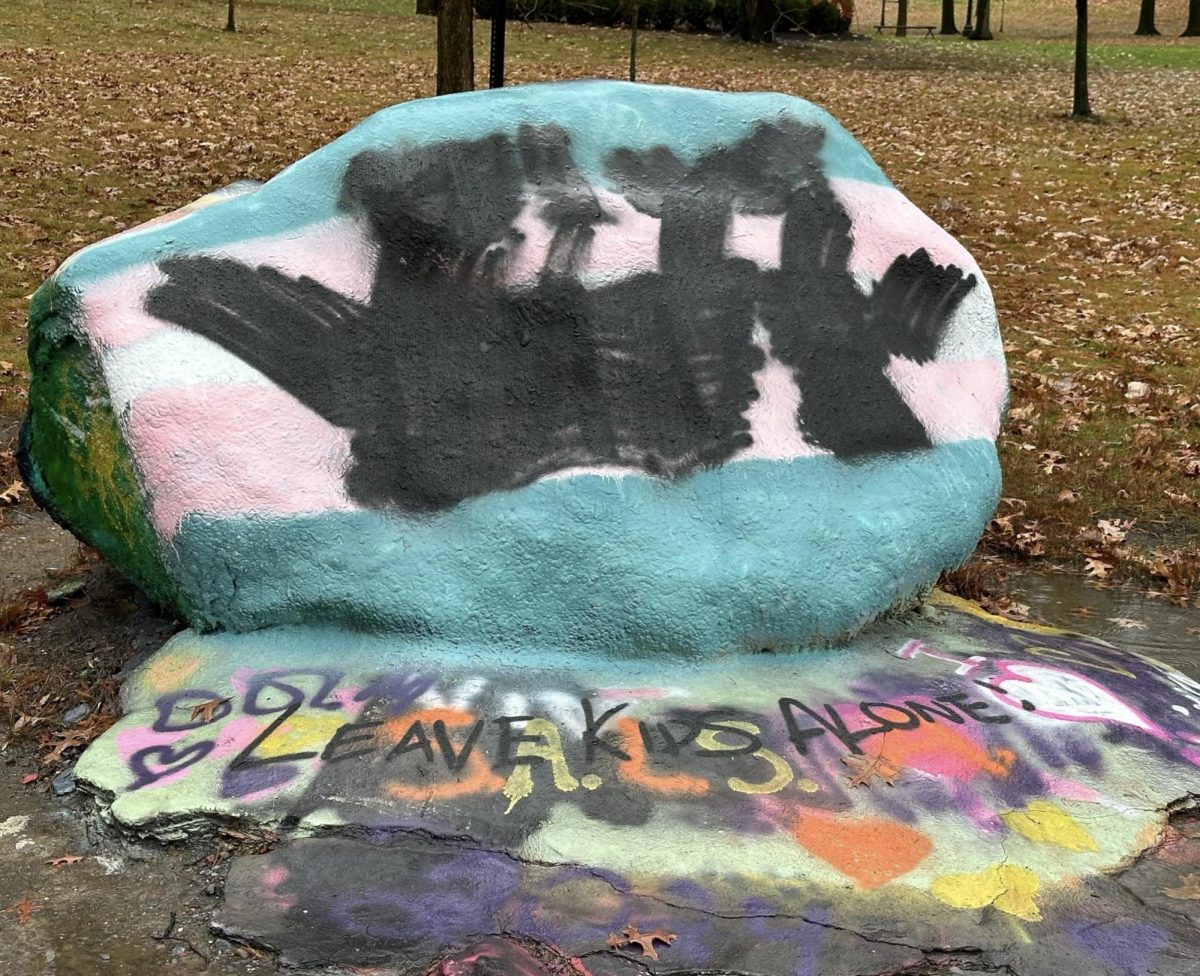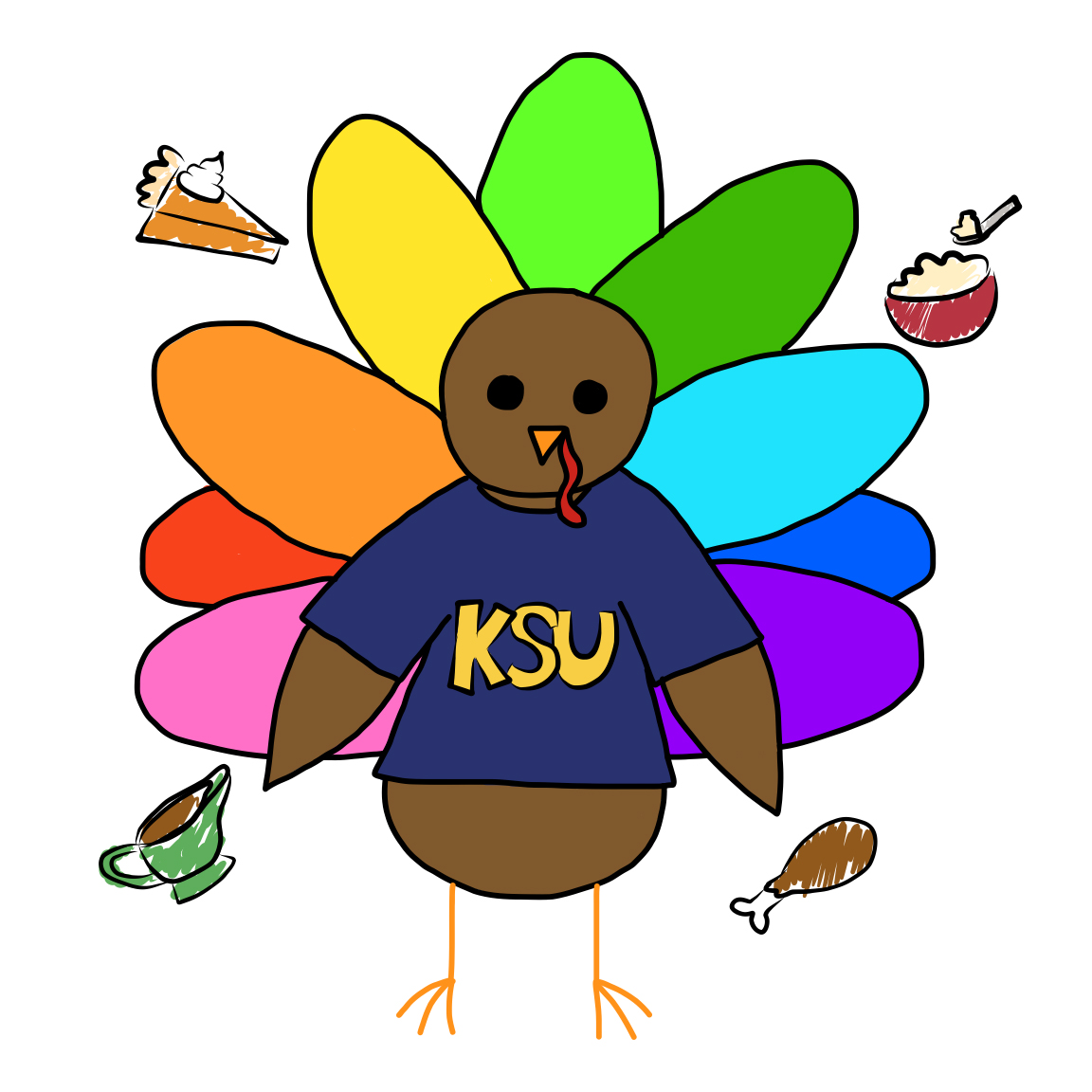Students seeking mental health services can contact Counseling and Psychological Services (CAPS) to look through the options offered for support.
Students interested in this resource can start by scheduling a consultation to discuss a personalized plan to address their mental health concerns with a professional clinician.
Pamela Farer-Singleton, director of Counseling and Psychological Services, said a variety of services are offered based on the individual’s needs, including suggestions for a daily intervention, group therapy workshops or an intensive outpatient therapy program if deemed necessary.
“We may think that they might benefit from therapy, and that’s something we would assess, whether or not our office is the best place to meet their needs or if they have a specialized need for long-term or more intense services,” Farer-Singleton said.

The therapy workshops cover various topics including letting go of perfectionism, silencing your inner critic and assertive communication, Farer-Singleton said. Workshops are free for students across all of the university’s campuses, unlike the counseling services, which are only free for the first six sessions and only available for students at the Kent campus.
“After the sixth session, students can choose to use insurance or self-pay options, and many of our students do have coverage through their parents and some have coverage through our KSU policy, which is UnitedHealthcare, and that provides counseling with no copays,” Farer-Singleton said.
CAPS offers several other different types of services besides individual counseling, such as couple counseling, group psychotherapy, psychological testing and a program for substance abuse recovery, known as the Collegiate Recovery Community.
“We are working to provide not only assessment but support to those students who are in recovery,” Farer-Singleton said. “We have a staff of licensed counselors and psychologists who are very dedicated to providing culturally competent treatment to our students.”
Some of the other group services provided are support groups, graduate and undergraduate therapy groups, Black, Indigenous and people of color support groups and peer support. Students who wish to use the self-help resources have access to self-help apps, videos, books, modules and a designated YouTube channel.
Farer-Singleton said she would urge students who are thinking of reaching out to contact CAPS to do so soon, even if they think it can wait, and for students who are already in distress not to hesitate in asking for support.
Also, CAPS has clinical staff available throughout the workday ready to respond, as well as after-hours support that students can access after 5 p.m., on weekends or on holidays.
“Our staff are very dedicated to working with students within the university setting,” Farer-Singleton said. “They make themselves available to respond as soon as possible. We have a system in place to respond to students who are in crisis or have urgent concerns.”
Kayla Gleason is a reporter. Contact her at [email protected].




